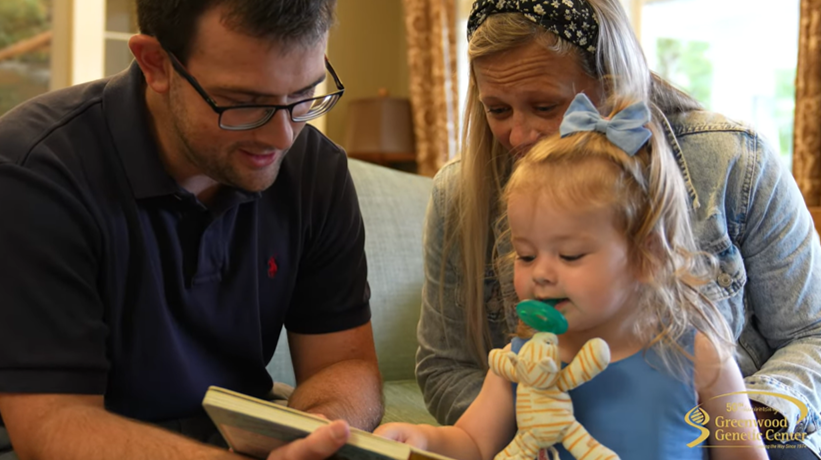This biochemical test is a quantitative measurement of N-acetyl-alpha galactosaminidase enzyme activity and can be used as a 1st tier test for patients with a clinical suspicion of Schindler/Kanzaki disease. Demonstration of deficient N-acetyl-alpha galactosaminidase enzyme activity is considered the gold standard to confirm a diagnosis of Schindler/Kanzaki disease.
2 weeks
82657
$200
Schindler disease is a rare, autosomal recessive lysosomal storage disorder characterized by varying degrees of neurologic impairment. In the infantile form of Schindler disease (Type I), developmental regression becomes evident around the age of one in a previously healthy child. In addition to this rapid progression of intellectual disability, affected children develop optic atrophy leading to vision loss, spasticity, and seizures. Muscle atrophy and contractures may occur, and patients generally become unresponsive to their surroundings. Most affected individuals die in early childhood. Type II Schindler, also known as Kanzaki disease, is an adult-onset disorder associated with muscle weakness, hearing loss, mild intellectual changes, and angiokeratomas. An intermediate type may exist, and its features include developmental delays, seizures, cardiomyopathy, hepatomegaly, and behavioral changes.
This test can be used to confirm a suspected Schindler/Kanzaki disease diagnosis.
4-methylumbelliferyl substrate
Enzyme activity can be measured in plasma, leukocytes, cultured fibroblasts, or dried blood spots. For plasma or leukocytes, please send 5-10 ml of whole blood in a green top (sodium heparin) tube. Plasma can also be removed from spun down sample and sent frozen. For dried blood spot collection, a minimum of three circles need to be filled in. Each circle should contain one drop of blood (about 100 microliters).
Whole blood should be sent over overnight at ambient temperature. Plamsa can be removed once the sample has been drawn and sent frozen on dry ice. Do not freeze whole blood. Cultured fibroblasts can be sent overnight at room temperature. For a dried blood spot: When the sample has dried 3-4 hours, fold cover at score line, over sample, and tuck into flap. Samples should be placed in the mail within 24 hours of collection. Overnight shipping is preferred.
Call our laboratory at 1-800-473-9411 or contact one of our Laboratory Genetic Counselors for assistance.
Robin Fletcher, MS, CGC
Falecia Thomas, MS, CGC
Alex Finley, MS, CGC
